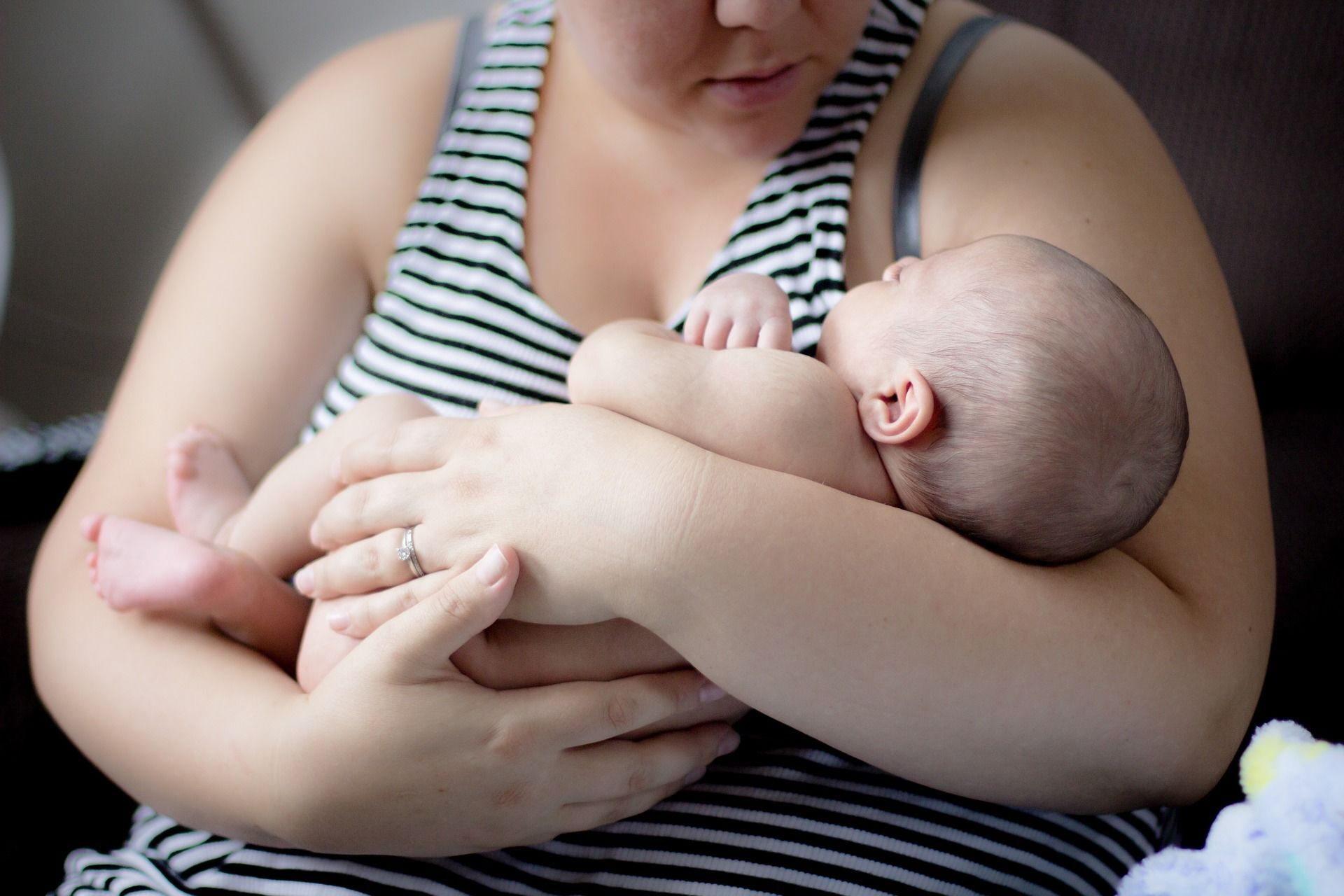https://sputnikglobe.com/20210906/parents-at-90-britain-to-extend-storage-limit-for-sperm-eggs--embryos-to-55-years-1083807599.html
Parents at 90? Britain to Extend Storage Limit for Sperm, Eggs & Embryos to 55 Years
Parents at 90? Britain to Extend Storage Limit for Sperm, Eggs & Embryos to 55 Years
Sputnik International
The UK government plans to give families in the country a “greater reproductive choice" and lift the pressure of decision-making by allowing them to keep or... 06.09.2021, Sputnik International
2021-09-06T15:13+0000
2021-09-06T15:13+0000
2023-05-28T15:15+0000
world
newsfeed
society
ivf
embryo
uk human fertilization and embryology agency (hfea)
human embryo
united kingdom (uk)
https://cdn1.img.sputnikglobe.com/img/07e5/09/06/1083809284_0:100:1921:1180_1920x0_80_0_0_a3b689572207a4b18d9b7b279902846d.jpg
UK Health Secretary Sajid Javid called plans to extend the storage limit for sperm, eggs and embryos from 10 to up to 55 years “a huge step forwards”. He admitted that the present storage arrangements can be severely restrictive and generate pressure on families.The Department of Health clarified on Monday that it would be inappropriate for the limit to apply to all cases, adding that additional conditions will apply regarding third-party donors and posthumous use.Posthumous conception means conceiving with someone's egg, sperm or embryo after the person has died.The UK legal framework for posthumous conception is complex and deals with various cases of recognising donors as parents after their death. The proposed changes to the storage limit are possible because of developments in freezing methods.According to Harry Karpouzis MD MRCOG, who is the scientific director of Athens-based Pelargos IVF, vitrification has increased the survival rates of frozen embryos greatly, as well as the success rate of frozen cycles.In Greece, embryo eggs are frozen for five years but the storage time can be renewed for another five years if needed, explained Dr Karpouzis, adding that the recipient age limit for embryo transfers is 50. After the COVID-19 pandemic, the age limit has been increased to 52.Reproductive ChoiceMonday's announcement has been welcomed by organisations, such as the British Fertility Society (BFA) and the Association of Reproductive and Clinical Scientists (ARCS), but it has also prompted questions by online commentators.Many took to social media to discuss the government proposal, with some comments questioning the decision to become a parent at the age of 80 or 90. Others, however, argued that the extension of the storage limit allows for greater flexibility.The plans by the Department of Health will require parliamentary approval and the legislation will be introduced when parliamentary time allows.
united kingdom (uk)
Sputnik International
feedback@sputniknews.com
+74956456601
MIA „Rosiya Segodnya“
2021
Sputnik International
feedback@sputniknews.com
+74956456601
MIA „Rosiya Segodnya“
News
en_EN
Sputnik International
feedback@sputniknews.com
+74956456601
MIA „Rosiya Segodnya“
Sputnik International
feedback@sputniknews.com
+74956456601
MIA „Rosiya Segodnya“
newsfeed, society, ivf, embryo, uk human fertilization and embryology agency (hfea), human embryo, united kingdom (uk)
newsfeed, society, ivf, embryo, uk human fertilization and embryology agency (hfea), human embryo, united kingdom (uk)
Parents at 90? Britain to Extend Storage Limit for Sperm, Eggs & Embryos to 55 Years
15:13 GMT 06.09.2021 (Updated: 15:15 GMT 28.05.2023) The UK government plans to give families in the country a “greater reproductive choice" and lift the pressure of decision-making by allowing them to keep or dispose of frozen embryos at 10-year intervals.
UK Health Secretary Sajid Javid
called plans to extend the storage limit for sperm, eggs and embryos from 10 to up to 55 years “a huge step forwards”. He admitted that the present storage arrangements can be severely restrictive and generate pressure on families.
“There are any number of reasons why someone may choose to preserve their fertility, and it is one of the most personal decisions any of us can make. Technological breakthroughs – including egg freezing – have changed the equation in recent years and its only right that this progress puts more power into the hands of potential parents,” Javid explained in a statement.
The Department of Health clarified on Monday that it would be inappropriate for the limit to apply to all cases, adding that additional conditions will apply regarding third-party donors and posthumous use.
Posthumous conception means conceiving with someone's egg, sperm or embryo after the person has died.
The UK
legal framework for posthumous conception is complex and deals with various cases of recognising donors as parents after their death.
The proposed changes to the storage limit are possible because of developments in freezing methods.
“Evidence shows frozen eggs can be stored indefinitely without deterioration, because of a new freezing technique called vitrification, and changes reflect the increasing success of using frozen embryos in routine IVF treatment,” the Department of Health said.
According to Harry Karpouzis MD MRCOG, who is the scientific director of Athens-based Pelargos IVF, vitrification has increased the survival rates of frozen embryos greatly, as well as the success rate of frozen cycles.
“Duration of the storage doesn’t seem to affect the success rates. Chances of success depend mainly on the donor’s age at the time of freezing the eggs/embryos, as opposed to the age of the woman at the time of the transfer. Nowadays, vitrification of eggs has also almost reached the success rates of freezing embryos,” Dr Karpouzis said.
In Greece, embryo eggs are frozen for five years but the storage time can be renewed for another five years if needed, explained Dr Karpouzis, adding that the recipient age limit for embryo transfers is 50. After the COVID-19 pandemic, the age limit has been increased to 52.
Monday's announcement has been welcomed by organisations, such as the British Fertility Society (BFA) and the Association of Reproductive and Clinical Scientists (ARCS), but it has also prompted questions by online commentators.
Many took to social media to discuss the government proposal, with some comments questioning the decision to become a parent at the age of 80 or 90. Others, however, argued that the extension of the storage limit allows for greater flexibility.
The plans by the Department of Health will require parliamentary approval and the legislation will be introduced when parliamentary time allows.





